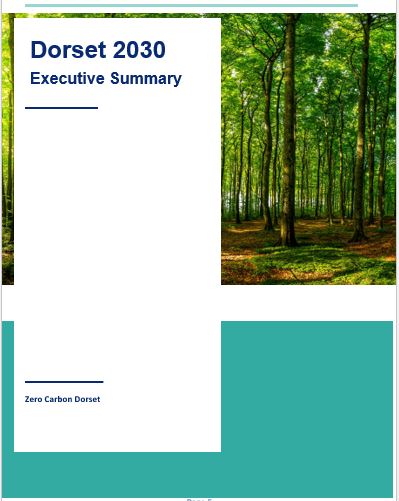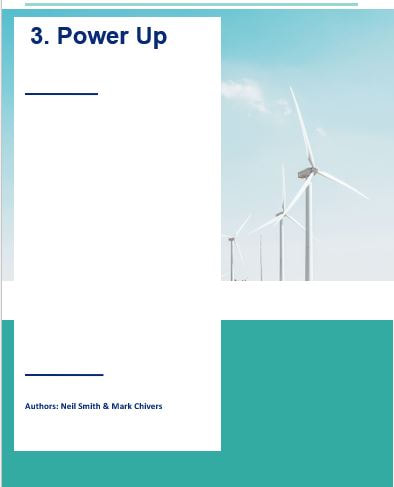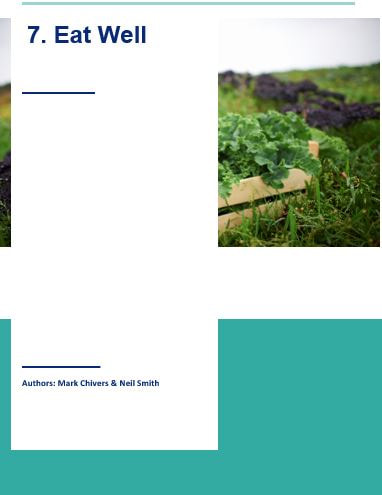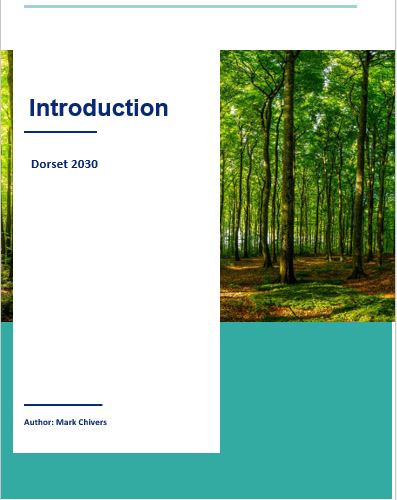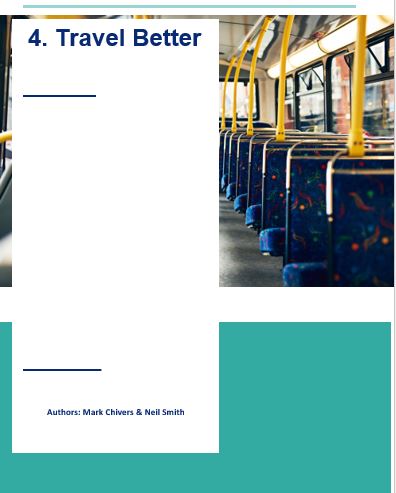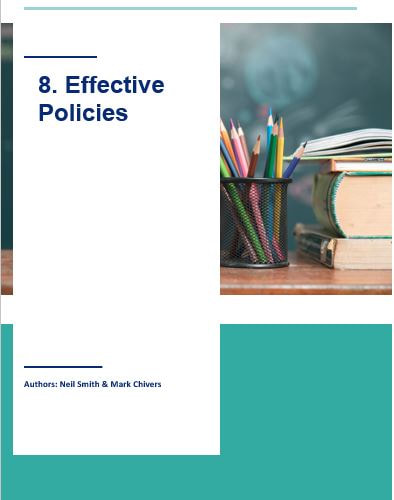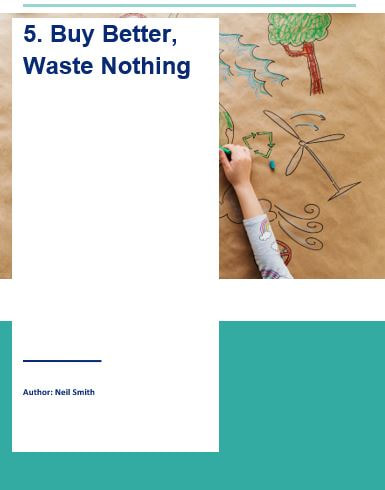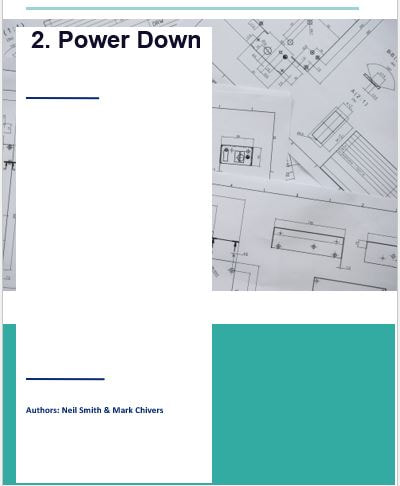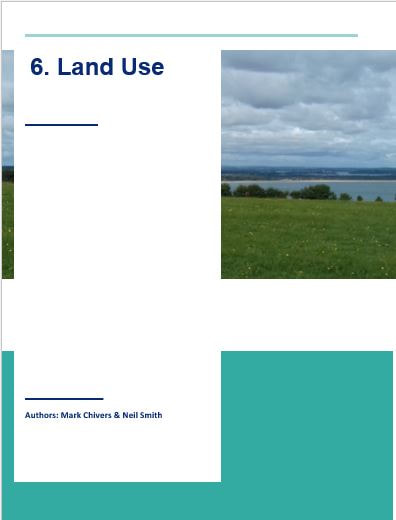The Dorset 2030 report (available below) was written with a broad audience in mind. While we hope it will be of interest to those working in relevant subject areas and those engaged in climate activism, its primary aim is to widen the discussion beyond the usual ‘bubble’ to help build the momentum for the changes required. Although we recommend everyone reads the Introduction, each chapter should stand alone, allowing people to access areas of interest and dip in and out of subjects. It is not an academic text, but we have extensively referenced most of the statements made; enabling readers to access the evidence on which we have based our views.
It has been prepared by a team of volunteers across many months. While every effort has been made to ensure everything is accurate and up to date, we accept that we may have missed or misunderstood the occasional fact or piece of data. Many case studies have been provided by the organisations concerned, others have been accessed by us from publicly available material. As each case study is by its nature an acknowledgment that this is something positive, we hope its inclusion is recognised as such by respective organisations. Inclusion of any organisation as a case study does not mean they agree with the ideas and objectives we have set out. If your organisation should have been featured or if we need to correct something we will aim to make amends in future editions.
We believe the climate and ecological crises mean the only certainty we face is that the future will be very different to the present, whether for better or worse is up to all of us. We don’t expect everyone to agree with every solution we propose but we hope you’ll join the debate about how we create a better world for today and future generations. We hope by opening up the discussions it ultimately leads to the people of Dorset being able to choose their preferred path.
Members of both Council’s sustainability teams were offered the chance to participate in development of chapters or reviewing our work. These offers were not taken up. We hope this changes in the future, after all, we’re all in this together.
Mark Chivers & Neil Smith
January 2022
It has been prepared by a team of volunteers across many months. While every effort has been made to ensure everything is accurate and up to date, we accept that we may have missed or misunderstood the occasional fact or piece of data. Many case studies have been provided by the organisations concerned, others have been accessed by us from publicly available material. As each case study is by its nature an acknowledgment that this is something positive, we hope its inclusion is recognised as such by respective organisations. Inclusion of any organisation as a case study does not mean they agree with the ideas and objectives we have set out. If your organisation should have been featured or if we need to correct something we will aim to make amends in future editions.
We believe the climate and ecological crises mean the only certainty we face is that the future will be very different to the present, whether for better or worse is up to all of us. We don’t expect everyone to agree with every solution we propose but we hope you’ll join the debate about how we create a better world for today and future generations. We hope by opening up the discussions it ultimately leads to the people of Dorset being able to choose their preferred path.
Members of both Council’s sustainability teams were offered the chance to participate in development of chapters or reviewing our work. These offers were not taken up. We hope this changes in the future, after all, we’re all in this together.
Mark Chivers & Neil Smith
January 2022
The Dorset 2030 Report
You can browse and download the Executive Summary and each individual chapter below, using the arrows to move forwards and backwards and clicking on the image to access the full text. Alternatively, you can access the full report here.
Zero Carbon Dorset
Zero Carbon Dorset is a volunteer led group of individuals, who have dedicated many hours to progressing the issues, ideas and solutions documented here. To enable this work to continue it has now been formally constituted as a not-for-profit Community Interest Company.
Lead authors:
Mark Chivers qualified as an engineer but spent much of his career in Financial Services, managing large operational units and leading structural and strategic projects. A lifelong activist, he co-founded Zero Carbon Dorset inspired by the evidence-based approach of the Zero Carbon Britain reports and a genuine belief that addressing the climate crisis also represents an opportunity to address many of society’s issues. A trained presenter with the Climate Reality Project, until recently their UK Volunteer Coordinator, he is currently completing a BSc Honours Degree in Environmental Science and Geography.
Dr Neil Smith has a long and distinguished career in environment and sustainability leadership and management. His scientific background, gained from his first degree in Applied Biology (University of Bath) and PhD in fish biology (Dundee University), and analytical mind, enables him to interpret, understand and address complex sustainability issues. He spent 30 years in the environment industry, starting in 1990 with the National Rivers Authority, which became the Environment Agency, before moving to lead embedding sustainability at the University of Southampton and Bournemouth University. Since his retirement in 2021, he has helped co-author Dorset 2030.
Acknowledgements:
We would like to thank the following people for their support and assistance in supporting the project and developing this report; Ruth Andrade, Robert Barnard-Weston, Belinda Bawden, Peter Bywater, Candida Blaker, Soo Chapman, Robert Cheeseman, Phil Christopher, Philip Colfox, Marylyn Cropley, Julia Davies, Colin Divall, Ian Duckworth, Lauren Duff, Leon Elliot, Charles Ffoulkes, Jack Gale, Dilys Gartside, Robert Golden, Andy Hadley, Michael Hancock, Rob Hattersley, Jason Hawkes, Alex Hennessy, Ken Huggins, Philip Jordan, Corrina Laila Osbourne, Chris Lakeman Fraser, Poppy Lakeman Fraser, Jacqueline Lambert, Julie Leah, Peter Littlewood, Sam Longworth, Tom Munro, Adrian Newton, Martin Price, Penny Quilter, Ian Rees, Felicity Rice, Caroline Richards, Amanda Smith, Helen Sumbler, Zoe Tees, Giles Watts, Jason West, Pete West, Peter White, Eleanor Wills, Sara Wise and everyone at Dorset CAN.
While all those named here, and many others who attended workshops and discussions, have been key to completing this report, we would particularly like to thank contributing authors David McQueen and Theresa McManus, and Adrian Newton and Harriet Stewart-Jones for their diligent reviews and advice.
The report is dedicated to the memory of Colin Dewsnap, a co-founder of Zero Carbon Dorset and a truly committed, inspirational campaigner who wanted to create a better world for everyone.
Lead authors:
Mark Chivers qualified as an engineer but spent much of his career in Financial Services, managing large operational units and leading structural and strategic projects. A lifelong activist, he co-founded Zero Carbon Dorset inspired by the evidence-based approach of the Zero Carbon Britain reports and a genuine belief that addressing the climate crisis also represents an opportunity to address many of society’s issues. A trained presenter with the Climate Reality Project, until recently their UK Volunteer Coordinator, he is currently completing a BSc Honours Degree in Environmental Science and Geography.
Dr Neil Smith has a long and distinguished career in environment and sustainability leadership and management. His scientific background, gained from his first degree in Applied Biology (University of Bath) and PhD in fish biology (Dundee University), and analytical mind, enables him to interpret, understand and address complex sustainability issues. He spent 30 years in the environment industry, starting in 1990 with the National Rivers Authority, which became the Environment Agency, before moving to lead embedding sustainability at the University of Southampton and Bournemouth University. Since his retirement in 2021, he has helped co-author Dorset 2030.
Acknowledgements:
We would like to thank the following people for their support and assistance in supporting the project and developing this report; Ruth Andrade, Robert Barnard-Weston, Belinda Bawden, Peter Bywater, Candida Blaker, Soo Chapman, Robert Cheeseman, Phil Christopher, Philip Colfox, Marylyn Cropley, Julia Davies, Colin Divall, Ian Duckworth, Lauren Duff, Leon Elliot, Charles Ffoulkes, Jack Gale, Dilys Gartside, Robert Golden, Andy Hadley, Michael Hancock, Rob Hattersley, Jason Hawkes, Alex Hennessy, Ken Huggins, Philip Jordan, Corrina Laila Osbourne, Chris Lakeman Fraser, Poppy Lakeman Fraser, Jacqueline Lambert, Julie Leah, Peter Littlewood, Sam Longworth, Tom Munro, Adrian Newton, Martin Price, Penny Quilter, Ian Rees, Felicity Rice, Caroline Richards, Amanda Smith, Helen Sumbler, Zoe Tees, Giles Watts, Jason West, Pete West, Peter White, Eleanor Wills, Sara Wise and everyone at Dorset CAN.
While all those named here, and many others who attended workshops and discussions, have been key to completing this report, we would particularly like to thank contributing authors David McQueen and Theresa McManus, and Adrian Newton and Harriet Stewart-Jones for their diligent reviews and advice.
The report is dedicated to the memory of Colin Dewsnap, a co-founder of Zero Carbon Dorset and a truly committed, inspirational campaigner who wanted to create a better world for everyone.
